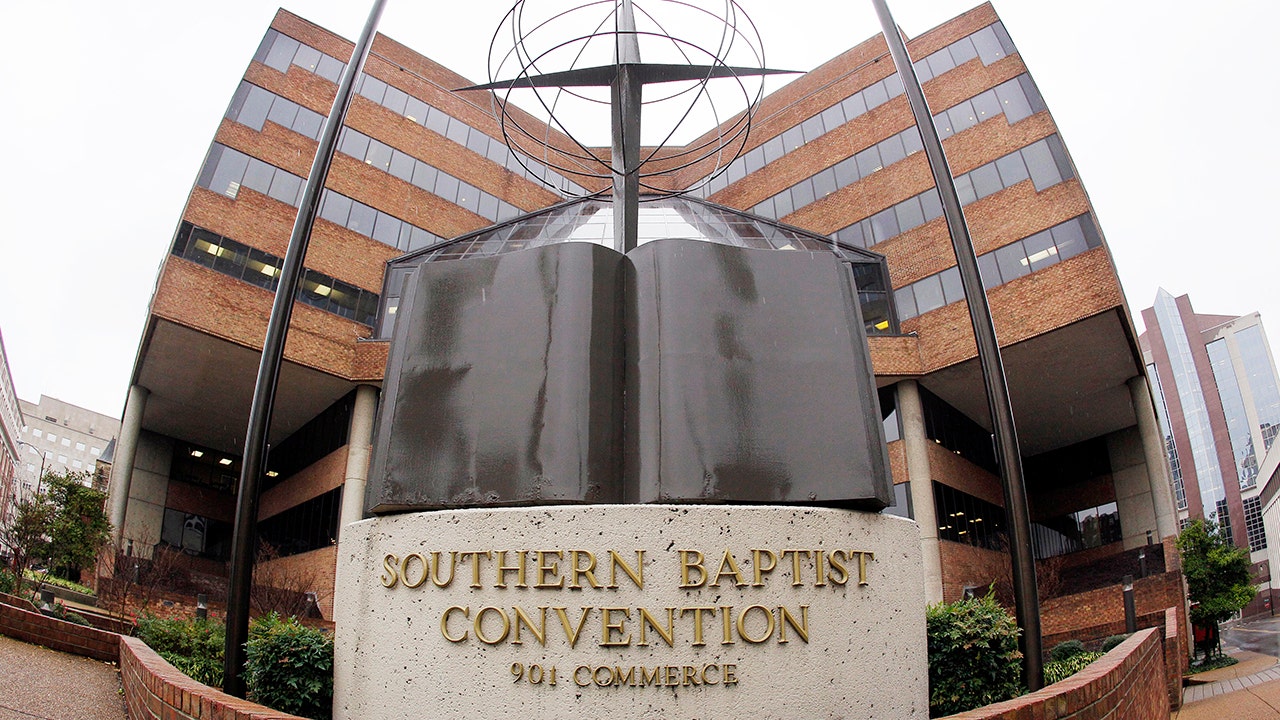Now CNN is all in for Women converting Jesus' Church into "social Justice" organizations.
More women are aiming to become church leaders. Together, they could change American Christianity
CNN —
Christian leadership in the US has typically been seen as a male occupation. The right for women to be ordained and serve as faith leaders has been hard-won over decades, and in several major factions, like the Roman Catholic and
Southern Baptist churches, women are barred from the highest levels of leadership.
However, among mainstream denominations that do ordain women, a sea change is occurring. More women are entering seminary and other theological programs with the intent of becoming priests. As it follows, more women are also occupying those roles after being ordained.
Experts say one of the main reasons for the increase is that women of faith are looking at their religious traditions and sensing a need for change.
“Women — and men — in the church, have seen abuse and suffering. They’ve seen the role of the patriarchy in the church. They want to address constructively some of these challenges that have been facing both the church and in our society,” says Alexis Abernethy, chief academic officer at Fuller Theological Seminary in Pasadena, California. “They’re saying, ‘Enough of this. We need to be different.’ So I think a lot of these women are marshaling energy in that direction.”
However, female priests still face an alarming number of challenges navigating institutional structures built by and for men — challenges that are similar to those faced by women in other workplaces. These challenges also sow deep examinations of faith: If church traditions have historically marginalized women and others, what leads those who have been excluded to forge on anyway?
How the presence of women church leaders has grown
The definitions of Christian leaders, the process by which they are selected and the specific credentials needed to fill such positions vary from denomination to denomination. A church leader could be called a priest, a pastor, a rector, a minister or some other term.
Ordination is the process by which someone is given the authority for these positions, and there is sometimes a hierarchy within each position. Oftentimes, training at a seminary or theological institution is necessary for ordination. This process can get a little murky with some groups that have less centralized leadership structures. However, numbers across different denominations reveal the same pattern: More women in training, more women being ordained.
Let’s look at a specific example: In the Evangelical Lutheran Church of America, a large denomination with about 4 million members in the US,
40% of the church’s pastors are women, according to a 2022 report from the church. Women also made up 46% of all bishop positions, and 54% of associate or assistant pastors (though only 22% of senior pastor positions). Across the board, these numbers marked a dramatic increase from the ELCA’s 2015 data. (The ELCA began ordaining women in 1970.)
Research from noted theologian Eileen Campbell-Reed paints a broader picture. Her
2018 report reveals
the proportion of US clergy who are women rose from 2.3% in 1960 to 20.7% in 2016. She also noted most mainline denominations have seen their proportion of clergywomen rise in multiples since the early 1990s. In some denominations, like Unitarian Universalists and the United Church of Christ, the number of women in clergy positions has pulled even with men.
How women can change the church that is
Fuller Theological Seminary, where Abernethy works, is one of the largest seminaries in the US and one with a
noted history of championing female faith leaders.
“The question used to be whether women should even be pastors, but that’s not as critical a question anymore in some denominations,” she tells CNN. “Now the question is, how can we make the environment in which women are pastors more fruitful, productive and supportive?”
She says having women in roles of power can help amend church structures that are inhospitable to underrepresented people and clear wider paths for acceptance and empowerment among communities.
“Power and privilege is not always a bad thing. Sometimes it can mean the opportunity to speak and share your perspective,” she says. “Folks who’ve been marginalized or oppressed, have a clearer radar regarding things like power and when it’s abusive, or when people are being excluded. At their best, they would then not set up systems that perpetuate that exclusion — although that requires courage and energy and people need to be attentive to that fact.”
 www.foxnews.com
www.foxnews.com

